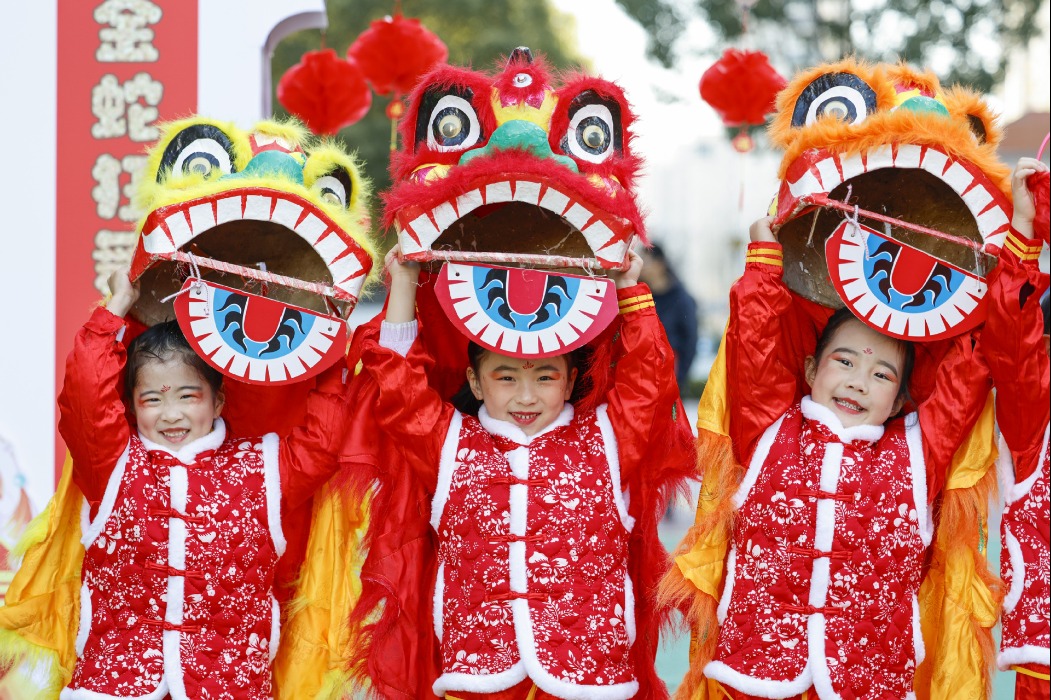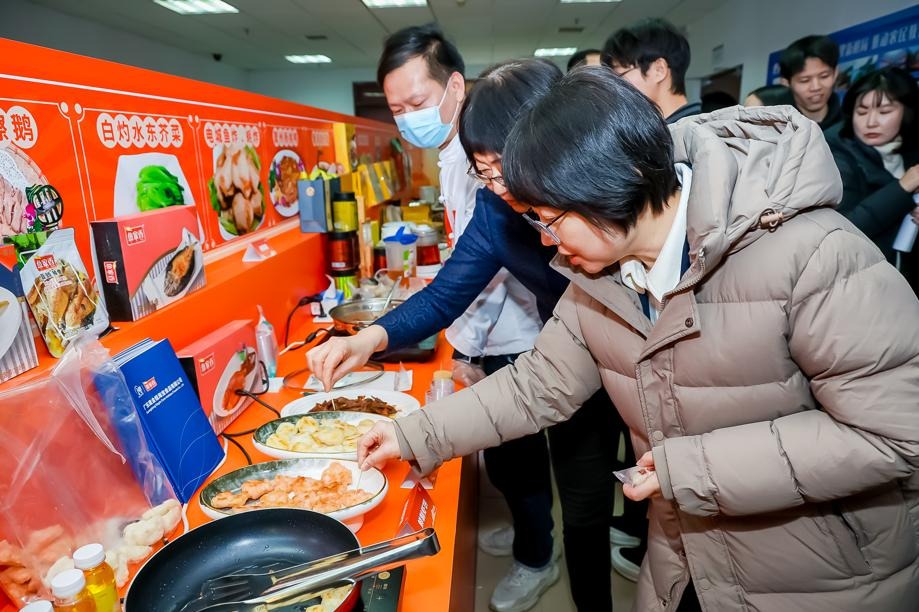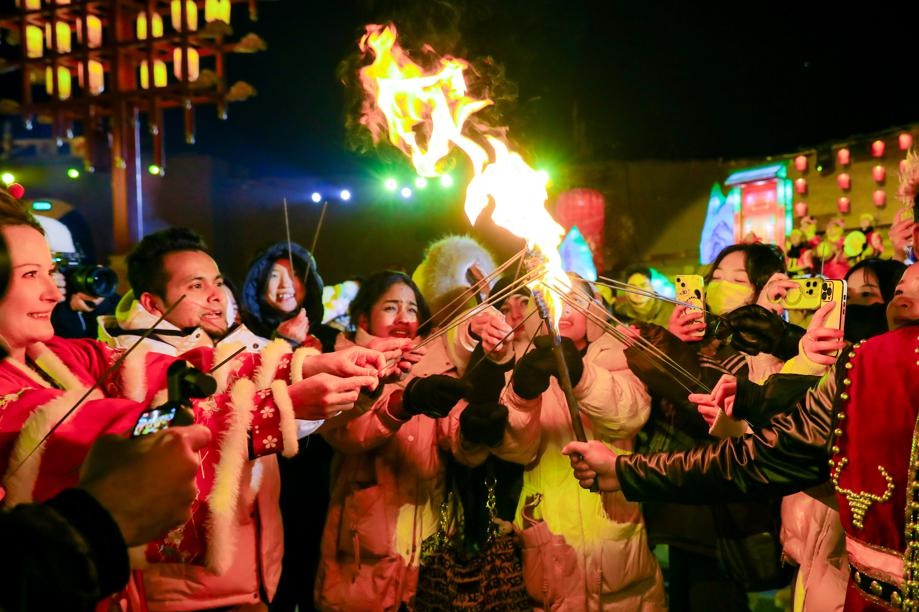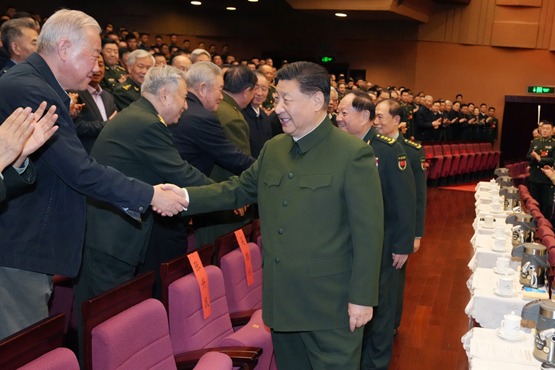Volunteer drivers show bravery on front line
Team effort helps take medical professionals to work

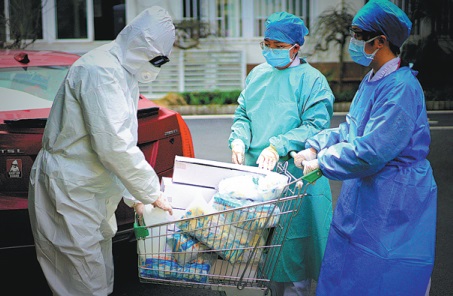
"I'm under great pressure, because I don't think I'm qualified to be responsible for their lives. It's the uncertainty that makes you afraid. Everyone in the city is unsure whether they will become infected."
Zhou Xiaoyu, 24, who has organized another motorcade staffed by volunteers in Wuhan, is recording their work through short videos, and plans to post these online. He wants others to know that a group of volunteer drivers in the city are working anonymously on the frontline, together with doctors and nurses.
"The words I hear most are greetings from medical professionals, which makes me feel that what I'm doing is significant," Zhou said.
Drivers are always on the move and feel tired after a day's work, as moving heavy boxes of medical materials and taking them to hospitals is exhausting work.
A volunteer once had a car accident while transporting medical materials, and the driver, who was sent to a hospital, immediately asked other volunteers to take the materials in his place.
"The voluntary work is tiring, but no one complains. Being a volunteer driver is like taking a gamble with the outbreak. We're striving to help doctors and nurses and protect ourselves at the same time," Zhou said.
"I want to pass on this spirit to others-to step forward bravely when your city or country needs you. But I'm worried that drivers may become infected with the virus, because some patients showed no obvious symptoms in the early days. A driver may also spread the virus when he or she has no idea that they are infected."
The bravery of the volunteer drivers has caught the attention of others.
On Jan 29, Gu Yao, 36, drove for more than 12 hours from his hometown of Yancheng, Jiangsu province, to a highway toll station in Wuhan.
He wanted to join the driving team, but was at a loss until volunteer Wang Zhen met him there. Wang helped him apply for a car pass, gave him protective equipment and disinfectant and arranged accommodations for him.
Gu, who started work with Wang the next day, said: "I read a report that Wuhan was lacking volunteer drivers, so I set off early in the morning and bought masks, food and fruits, without telling my parents what I was doing. I have never considered the potential risk, I just think that such efforts have to be made for the city."
Wang said: "I'm very touched by Gu, but others should not imitate his actions. This voluntary work is very risky. At this time, everyone can make their contribution simply by staying at home." He added that the drivers are facing a shortage of protective items such as goggles and infrared thermometers to check their own and their passengers' safety.
The Wuhan government and domestic businesses have joined such efforts.
This month, the Wuhan branch of the Communist Youth League of China started to recruit healthy volunteers under age 40 for a range of voluntary work, including transporting medical workers and materials.
On Saturday, Alibaba Group's digital car-hailing service-AutoNavi was launched to transport medical workers in Wuhan to work at all hours free of charge. Drivers, who are volunteers from the city, are equipped with protective equipment.
















